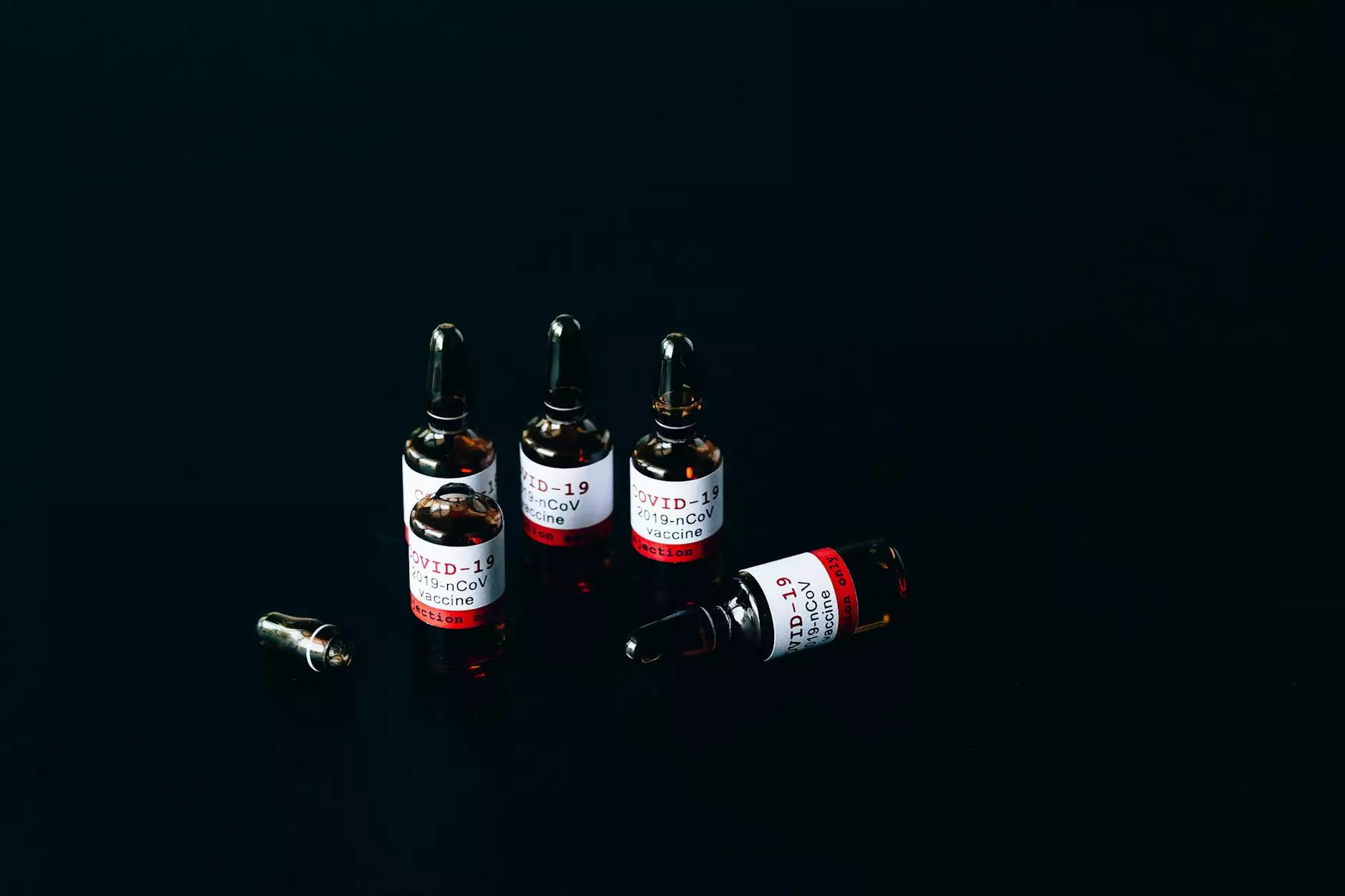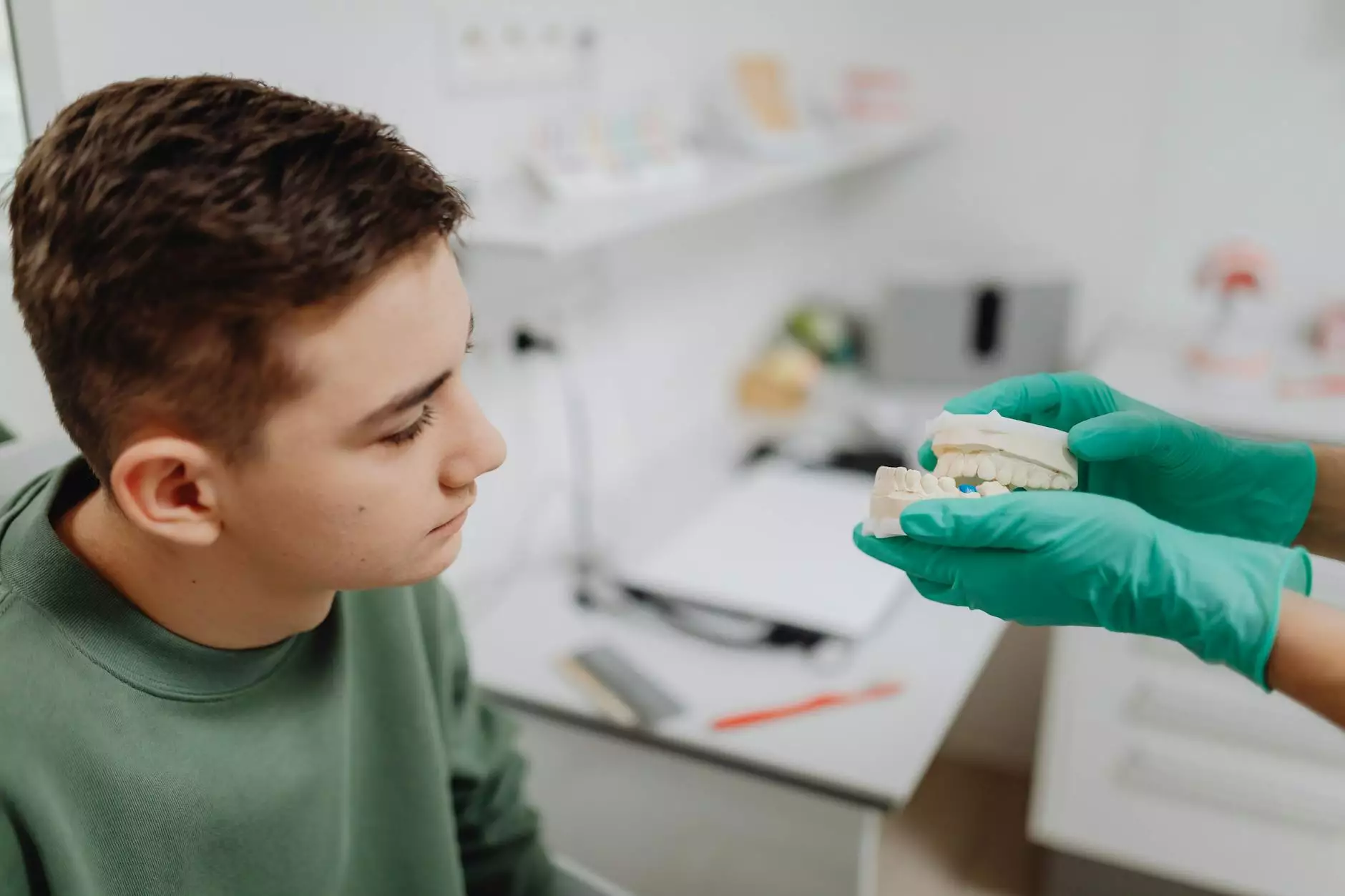Injection for Horses: A Comprehensive Guide for Pet Owners

Introduction
As horse owners and enthusiasts, it is crucial to understand the various medical practices utilized to maintain the health and wellbeing of our equine companions. One such practice that plays a vital role in equine medicine is injection for horses. This article aims to delve deep into the subject, offering insights on types of injections, their benefits, administration techniques, and essential care tips for your horse.
Types of Injections for Horses
Injections are a common method used by veterinarians to administer medications quickly and effectively. Understanding the different types of injections can help horse owners make informed decisions regarding their pets’ health. The three primary types of injections are:
- Intravenous Injections (IV): Administered directly into the bloodstream, this type allows for rapid delivery of medications, ideal for emergencies and surgeries.
- Intramuscular Injections (IM): Typically used for vaccines and antibiotics, these injections are given into the muscle, leading to slower absorption than IV injections.
- Subcutaneous Injections (SubQ): Given just beneath the skin, this method is often used for vaccines and certain medications where slower absorption is acceptable.
Benefits of Injections for Horses
Understanding the benefits of injection for horses can help demystify the process and showcase its importance:
- Rapid Response: In cases of acute illness or injury, injections facilitate immediate medical treatment, often saving lives.
- Accurate Dosage: Injections ensure precise medication delivery, minimizing human error that can occur with oral medications.
- Variety of Treatments: From vaccinations to antibiotics and pain management, injections cover a broad spectrum of medical needs.
- Improved Compliance: For horses that are difficult to medicate orally, injections provide a reliable alternative, ensuring they receive necessary treatments.
Proper Administration Techniques for Horse Injections
Administering injections to horses requires knowledge, skill, and a calm demeanor. Below are guidelines to follow:
1. Preparation
Before administering an injection, gather all necessary supplies, including:
- Clean needles and syringes
- Alcohol swabs
- Medication
- Bandages (if needed)
Ensure that you are in a quiet environment to minimize stress for the horse.
2. Hygiene Practices
Maintain strict hygiene to prevent infection:
- Wash hands thoroughly before starting.
- Clean the injection site with an alcohol swab.
- Use sterile needles and syringes.
3. Injection Technique
Follow these steps for effective injection:
- Identify the proper site for injection based on the type (IM or SubQ).
- Quickly insert the needle at the correct angle.
- Aspirate to check for blood return (for IM and IV). If no blood is present, administer the medication smoothly.
- Withdraw the needle and apply gentle pressure with a cotton ball or bandage.
Post-Injection Care for Horses
After administering an injection, proper care is essential to ensure your horse's recovery:
- Observation: Monitor the injection site for swelling, heat, or signs of infection.
- Rest: Allow your horse to rest following an injection, especially if it was for pain management or sedation.
- Hydration: Ensure your horse has access to clean water to help metabolize any medications.
- Follow-Up: Keep in touch with your veterinarian for any follow-up appointments or instructions.
Common Vaccinations and Injections for Horses
Horses require specific vaccinations to prevent viral and bacterial diseases. Some common vaccines include:
- West Nile Virus: A potentially fatal disease transmitted by mosquitoes, vaccination is crucial for prevention.
- Equine Influenza: An important vaccine that helps prevent respiratory illness.
- Tetanus: Vaccination against this disease is necessary for all horses, as it is fatal and can occur from minor injuries.
- Equine Rhinopneumonitis: This vaccine protects against respiratory diseases caused by the herpes virus.
The Importance of Consulting a Veterinarian
Before administering any injections or vaccinations, it is vital to consult with a licensed veterinarian. They can provide tailored advice based on your horse's health history, lifestyle, and specific needs. This can include:
- A comprehensive health assessment.
- Recommendations for a vaccination schedule.
- Insights on handling and administering injections safely.
Conclusion
Understanding the intricacies of injection for horses is essential for pet owners. From knowing the types and benefits of injections to mastering proper administration techniques and post-care practices, each element plays a significant role in ensuring your horse's health and resilience. Remember, when in doubt, always consult your veterinarian to provide the best possible care for your beloved equine companions.









